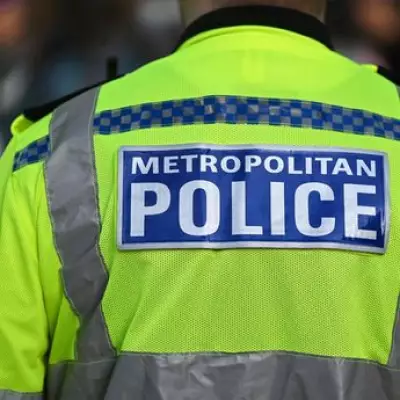
In the shadowy corridors of Sudan's devastating conflict, one name has emerged as a symbol of terror: Mohamed Ibrahim Abdallah, better known to his victims as Abu Lulu, the 'Butcher of Khartoum'.
An exclusive investigation has uncovered the brutal methods employed by this Rapid Support Forces (RSF) commander, whose reign of terror has left communities shattered and human rights organisations demanding justice.
The Making of a Warlord
Abu Lulu's path to infamy began in West Darfur, where he first established his reputation for violence. Now operating in Khartoum, his tactics have evolved into systematic campaigns of terror that human rights monitors describe as potential war crimes.
According to multiple eyewitness accounts and survivors, Abu Lulu personally oversees operations involving mass killings, sexual violence, and the deliberate destruction of civilian infrastructure.
A Pattern of Atrocities
The evidence against the RSF commander paints a disturbing picture:
- Direct involvement in ethnic-based massacres in West Darfur
- Systematic looting and burning of residential areas in Khartoum
- Establishment of torture centres in occupied civilian buildings
- Targeting of specific ethnic groups in cleansing operations
One survivor, who requested anonymity for safety reasons, described Abu Lulu as "present at every major massacre, directing his fighters with cold precision."
International Response and Accountability
Human Rights Watch and other international organisations have documented numerous incidents linking Abu Lulu to grave violations of international law. Despite mounting evidence, he continues to operate with impunity.
The International Criminal Court has indicated it's monitoring the situation closely, though political complexities have hampered immediate action.
As the conflict in Sudan enters its second year, the case of Abu Lulu represents both the extreme brutality of the fighting and the urgent need for accountability mechanisms to address these systematic atrocities.





